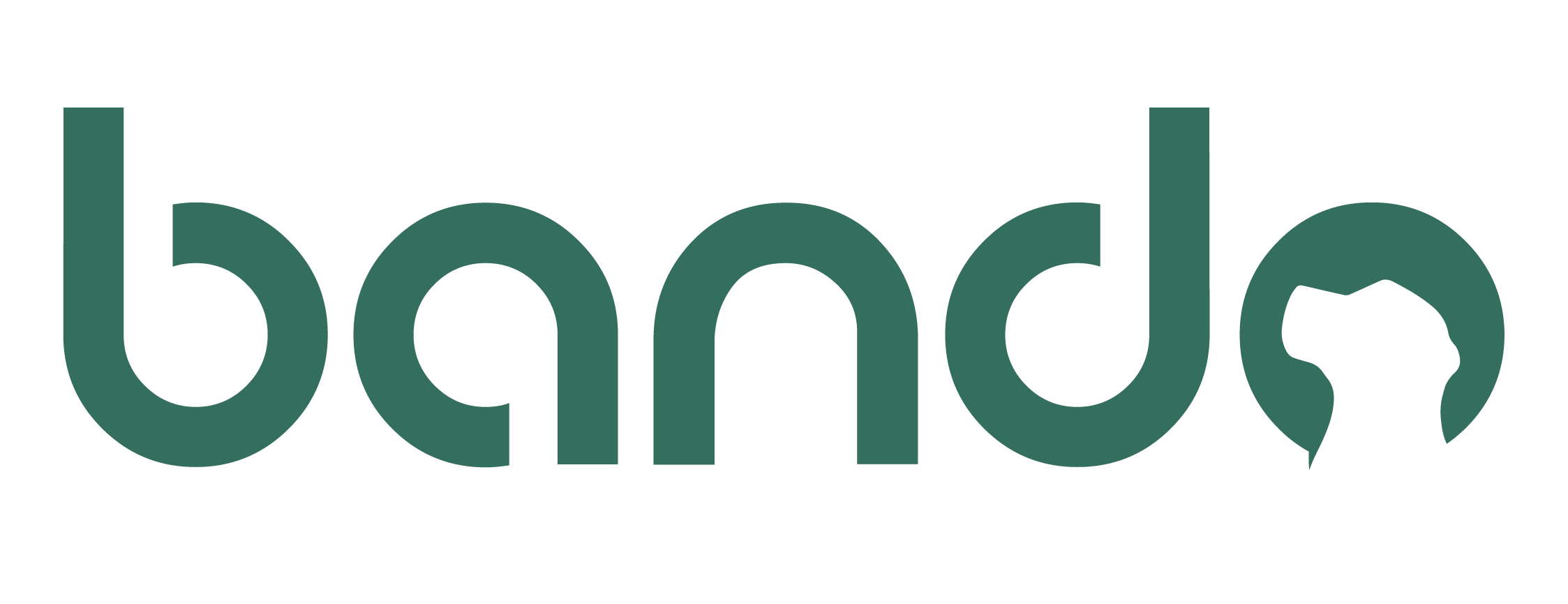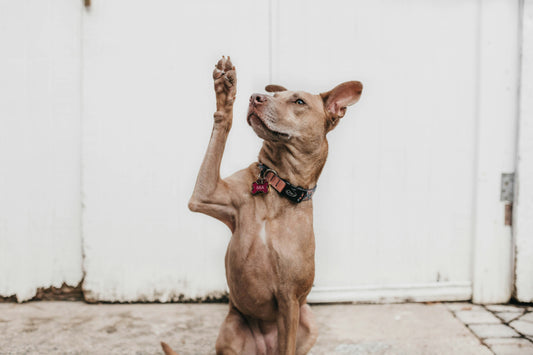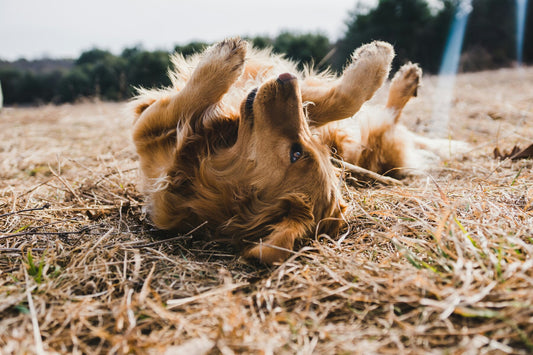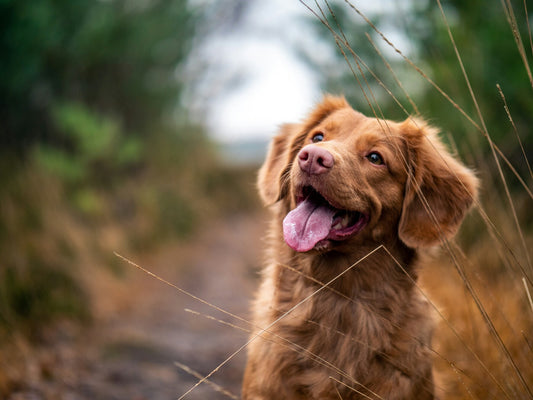The Dos and Don’ts of Giving Dogs Human Food
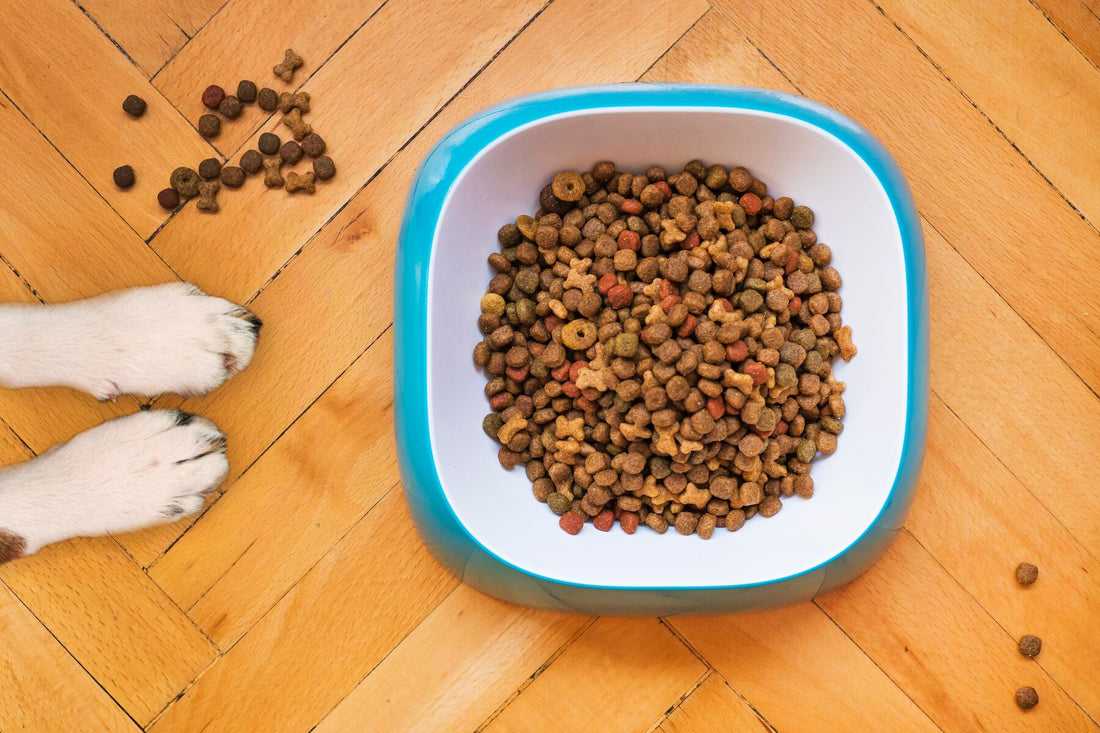
Dogs and humans share a unique bond, a relationship that is often solidified over shared meals and treats. As your canine companion stares up with those longing eyes, you might be tempted to share a bite. But before you do, it’s essential to understand what’s safe and what might harm them.
Have you ever paused to consider how different your nutritional needs might be from your four-legged friend? As we delve deeper into the dos and don’ts of sharing your meals, let’s first explore the foundational differences between canine and human dietary requirements.
How Dogs’ and Humans’ Nutritional Needs Differ
While both dogs and humans require a balanced intake of proteins, carbohydrates, fats, vitamins, and minerals, the ratios and types of these nutrients vary significantly between the species. Dogs, primarily carnivorous in nature, have a digestive system tailored to process meat more efficiently. Their ancestors, wild wolves, consumed a diet predominantly composed of prey. This diet was balanced, comprising meat, bones, and even some plant materials ingested from the prey’s digestive system.
Over the centuries, as dogs have been domesticated, their diet has evolved. While many have adapted to an omnivorous diet due to human influence, their fundamental nutritional needs remain consistent with their carnivorous ancestry. This historical context is vital in understanding why certain human foods might not be suitable for them. For instance, dogs produce more of certain enzymes for meat digestion and fewer of the ones to break down complex carbohydrates.
It’s also worth noting that certain nutrients vital for human health may not be as crucial for dogs. Conversely, some elements crucial for canine health are naturally synthesized by the human body. This disparity in nutritional needs is why certain human foods can be detrimental, or at the very least, non-beneficial for dogs.
Foods Dogs Can Safely Enjoy (“Dos”)
Many human foods are not only safe for dogs but can also be quite beneficial for them. By understanding and incorporating these into your dog’s diet, you can offer them a delightful treat while ensuring they receive a nutritional boost.
Fruits and Veggies
Not all fruits and vegetables are created equal when it comes to feeding your dog. Blueberries are packed with antioxidants and vitamins, making them a delicious and healthful treat. Carrots, both cooked and raw, are low in calories and high in fiber and vitamins, and they can even act as a natural toothbrush, promoting dental health. Other safe options include apples (without seeds), bananas, and cucumbers. Always remember to introduce any new food slowly and in moderation, keeping an eye out for any allergic reactions.
Proteins
Most dogs love meat, and thankfully, several types can be beneficial for them. Lean meats like chicken, turkey, and certain cuts of beef, when cooked plainly without any added spices or sauces, can be excellent protein sources. Fish, especially fatty ones like salmon, can be a powerhouse of omega-3 fatty acids, which are great for your dog’s coat. However, ensure that the fish is cooked and free from bones.
Grains
While dogs don’t require grains in their diet, certain grains can be beneficial in moderation. Cooked quinoa, rice, and oats can be easy on a dog’s digestive system and provide a good source of energy. However, always ensure that any grain given is fully cooked to make it easily digestible for your pet.
As you incorporate these human foods into your dog’s diet, always prioritize their overall well-being, watching for any adverse reactions.
Foods to Avoid Giving Your Dog (“Don’ts”)
While it can be endearing to share a mealtime experience with our furry companions, it’s crucial to recognize that not all human foods align with a dog’s digestive system. Some might just cause minor discomfort, but others can have serious health implications.
Spices and Condiments
Spices and condiments are designed to enhance flavor for human palates, but they can be harmful, if not toxic, to dogs. For instance, if dogs eat hot sauce or spices like chili peppers, it can lead to severe discomfort, digestive problems, and even toxicity.
The burning sensation we humans feel from hot sauce can be much more intense for dogs, leading to an upset stomach or worse. Always avoid feeding hot sauce or spicy food, including those containing garlic, hot peppers and onions, which can be particularly harmful.
Toxic Fruits and Veggies
Some fruits and vegetables, while healthy for humans, pose health risks for dogs. Grapes and raisins, for example, can cause kidney failure in dogs, even in small amounts. Similarly, avocados contain persin, which can be toxic to dogs. Always ensure that your dog does not have access to these foods, and remain vigilant about where they might be used around your home.
Harmful Proteins
While many meats can be beneficial, some pose risks. Always avoid giving dogs raw or undercooked meat, which can contain harmful bacteria. Bones, especially cooked ones, can splinter and cause choking or internal injuries. Certain fish, like tuna, when given in large amounts, can lead to mercury poisoning.
Sweets and Snacks
Chocolate, especially dark or baking chocolate, can be deadly for dogs due to a compound called theobromine. Likewise, foods containing the sweetener xylitol, commonly found in sugar-free gums and candies, can lead to rapid insulin release, causing hypoglycemia (low blood sugar).
In your endeavor to treat your dog, it’s essential to keep these dangerous foods in mind. While they might beg with those puppy dog eyes, the best way to show love is to keep them safe and well-nourished.
Potential Consequences of Feeding Dogs Harmful Human Foods
When dogs consume inappropriate human foods, the ramifications can extend beyond a simple upset stomach. It’s imperative for pet owners to be aware of the immediate and long-term consequences that certain foods can inflict on a dog’s health.
In the short term, symptoms might manifest as vomiting, diarrhea, lethargy, or even seizures, depending on the ingested substance. For example, consumption of spicy foods or certain spices can lead to digestive issues, causing discomfort and potential dehydration due to repeated vomiting or diarrhea.
Furthermore, continuous feeding of inappropriate foods can lead to chronic health conditions. For instance, a consistent diet high in fatty foods can predispose dogs to pancreatitis, an inflammatory condition of the pancreas. Likewise, regular ingestion of sweets, especially those containing xylitol, can lead to insulin spikes and subsequent crashes, eventually paving the way for diabetes.
Lastly, some toxic foods, like chocolates or grapes, can lead to severe conditions such as kidney failure or theobromine poisoning. These conditions are not only painful for the dog but can be fatal if not addressed promptly.
Tips for Safely Sharing Human Food with Dogs
When we’re enjoying a delicious meal, those pleading eyes can be hard to resist. Here are some guidelines for sharing food with your dog, without compromising their health.
- Introduce Gradually: If you decide to give your dog a new food, start with a small amount. This allows you to monitor for any allergic reactions or digestive issues. Some dogs might be more sensitive than others, and what works for one dog might not necessarily be suitable for another.
- Moderation is Key: Even when feeding your dog foods that are deemed safe, always exercise moderation. Overindulgence can lead to an upset stomach or other health issues. Remember, while a piece of carrot or apple might seem small to you, it can be a significant portion for a smaller dog.
- Always Consult with a Veterinarian: Before making significant changes to your dog’s diet or if you’re unsure about a specific human food, always consult with a vet. They can offer guidance tailored to your dog’s specific needs and conditions.
In conclusion, while sharing food with our dogs can be a bonding experience, it’s essential to do so responsibly. Always prioritize your dog’s health, ensuring they get a balanced diet that caters to their unique nutritional requirements.
Alternatives to Human Food: High-Quality Dog Treats and Supplements
While there’s a certain joy in sharing a nibble of your meal with your beloved canine, it’s essential to remember that dogs have products specially formulated for their dietary needs. These products not only satiate their hunger but also cater to their health requirements.
- Specialized Dog Treats: There are countless dog treats available in the market designed to cater to their taste buds while ensuring they receive vital nutrients. These treats often mimic the flavors of human food, without the associated risks, making them a perfect alternative.
- Supplements: Dogs, much like humans, sometimes need an additional nutritional boost. Supplements can help bridge any nutritional gaps in their diet. Whether it’s for joint health, skin and coat nourishment, or digestion, there’s a supplement out there that can assist.
Discover Bando Pets’ Range of Treats and Supplements
At Bando, we understand your pet’s needs. Our range of care products and supplements is crafted to provide your dog with the best. Whether you’re looking for a tasty treat or a health-boosting supplement, our catalog has it all.
Choosing dedicated dog products not only ensures their safety but also guarantees that they’re consuming ingredients beneficial for their overall health. When in doubt, it’s always better to stick to dog-specific products.
